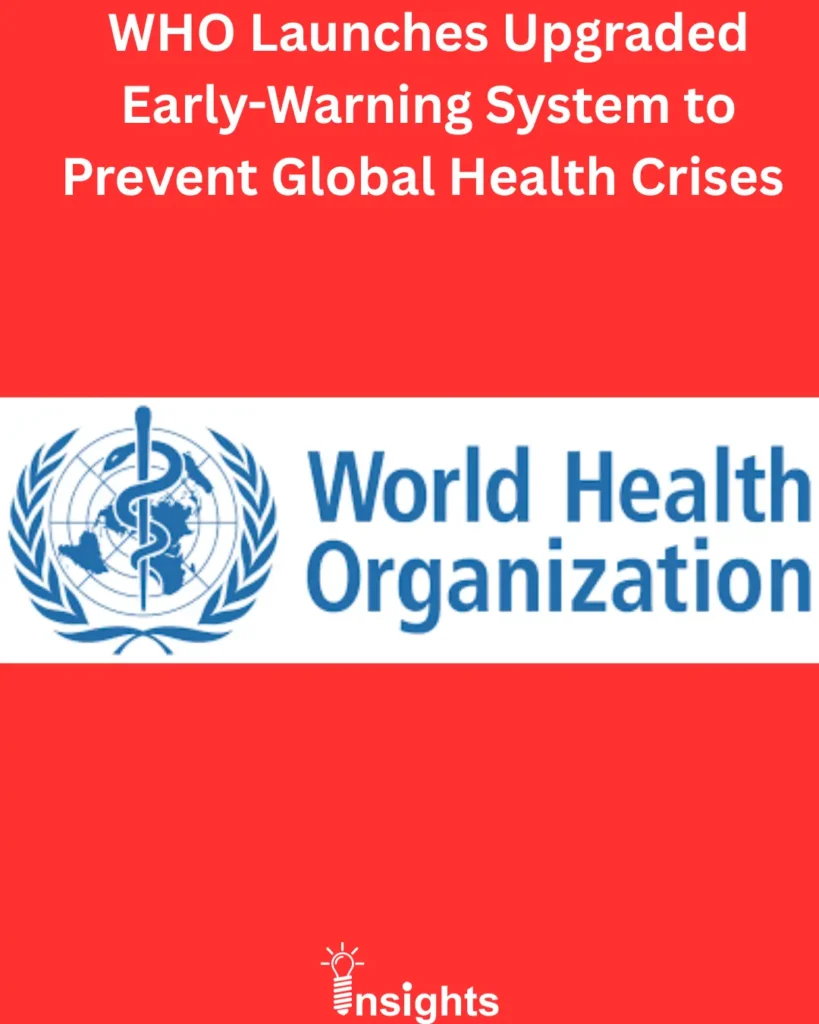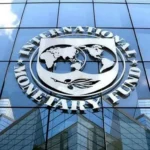WHO Launches Upgraded Early-Warning System to Prevent Global Health Crises
The World Health Organization (WHO), in partnership with the European Commission and Germany, has launched version 2.0 of the Epidemic Intelligence from Open Sources (EIOS) system. This innovative upgrade marks a major step forward in global health surveillance, designed to detect potential disease outbreaks or public health threats much faster and more accurately.
Unlike traditional monitoring systems that rely on official reports, the EIOS platform uses artificial intelligence (AI) to analyze open-source data such as news articles, social media posts, and public health bulletins. By filtering and interpreting this vast data in real-time, the system helps identify early signs of epidemics before they spiral into full-blown crises.
Early Detection Saves Lives
The EIOS 2.0 system acts as an early-warning tool, helping governments, health agencies, and even local communities prepare for and respond to outbreaks in record time. This improvement means that when a potential threat — such as a new virus, foodborne illness, or environmental hazard — begins to emerge, health officials can act immediately to contain it.
Beyond speed, the new version improves data accuracy and coordination among international health bodies, enabling a more unified response. This innovation reflects lessons learned from past pandemics like COVID-19, where delays in detection led to devastating global consequences.
“Early detection and rapid response are the backbone of global health security. The upgraded EIOS system gives the world a stronger Défense against future pandemics.” — Dr. Tedros Adhanom Ghebreyesus, WHO Director-General
With the EIOS 2.0 system, the world is better equipped to face emerging health challenges. However, the responsibility doesn’t lie with governments alone. Communities must also stay informed, report unusual health trends, and support transparent communication. Together, proactive monitoring and timely response can help prevent the next pandemic — protecting lives and livelihoods globally.











